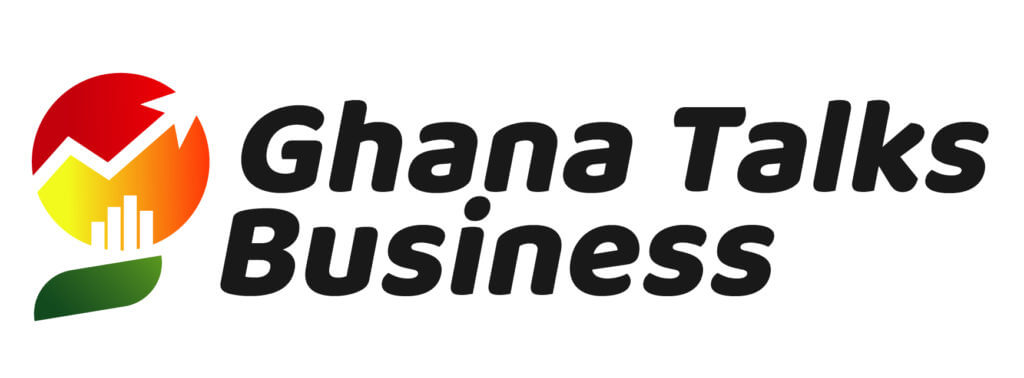In line with the Administrative Arrangement on Public Transport Fares, the Ghana Private Road Transport Union (GPRTU) has announced a 13% increment in transport fares from Saturday, 5th June.
The new fares will cover inter-city (Tro-tro), intercity long-distance vehicles, and shared taxis. The fare according to the Union is to “accommodate predominantly an increase in the price of fuel.”
Below is the full statement:
“In line with the Administrative Arrangement on Public Transport Fares, the Road Transport Operations have reviewed the price of the various components that go into the running of commercial transport services. After long and difficult negotiations with stakeholders, a 13 percent upward adjustment in public transport fares across all category of service has been agreed upon. This is to accommodate predominantly an increase in the price of fuel.
THE NEW FARES TAKE EFFECT FROM SATURDAY 5TH JUNE, 2021
The fares cover the following types of Road Transport Operations.
1. INTER-CITY (TRO-TRO)
2. INTERCITY (LONG DISTANCE)
3. SHARED TAXIS
Upon consultations, Government has assured us that it will continue to prevent a steep rise in input cost. Government has also assured us by a letter from the Ministry of Finance that the suspension of the quarterly income tax payment by owners of Tro-tros and Taxis would be extended to cover Intercity Commuter Vehicles to reduce the operational cost. We therefore encourage Government to keep to its commitment in this regard.
Members are kindly requested to comply with the new fares and post same at their loading terminals. We further request Members, Commuters and the General Public to kindly cooperate for the successful implementation of the new fares.”
Impact of increase in transport fares
As is usually the case, Ghana experiences a rise in food products as transport fares rise. This is because, most traders argue that since they are paying more to transport their goods to market centres, they will have to pass on the price to the consumer to maintain a suitable profit margin. Given that the country is nearing pre-pandemic levels, the economic conditions remain dire which may cause consumers to remain flustered.
The Bank of Ghana recently reduced the monetary policy rate to 13.5%. One explanation was this; “the cut in the policy rate reflects the confidence of the Committee that the recent increases in fuel prices and taxes will not necessarily lead to increases in the rate of inflation,” according to Dr Ernest Addison. This will not be the case, with the increase in transport fares. Transport and food are major determinants of the inflation rate. Price increases for these two will definitely shoot up inflation in the near future.
ALSO READ: BoG slashes policy rate to 13.5%. What this means for Businesses and Individuals





